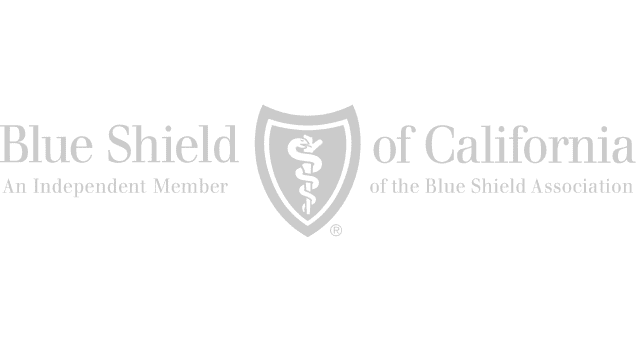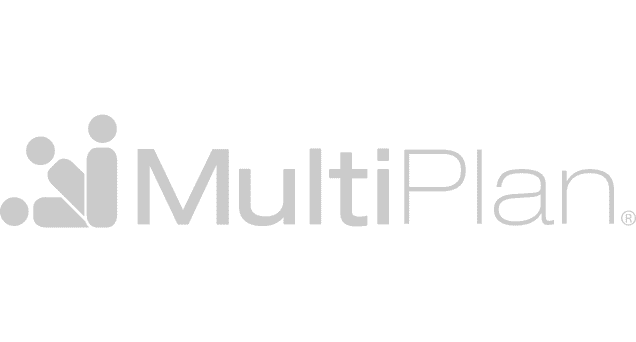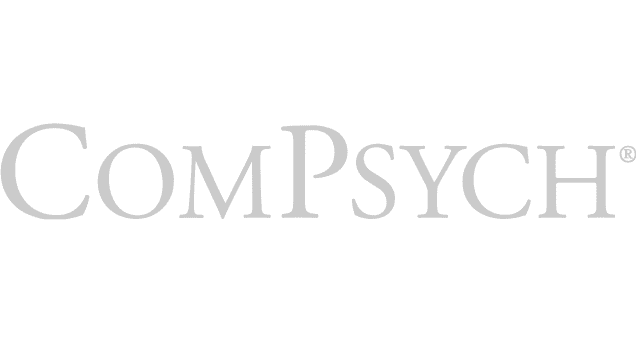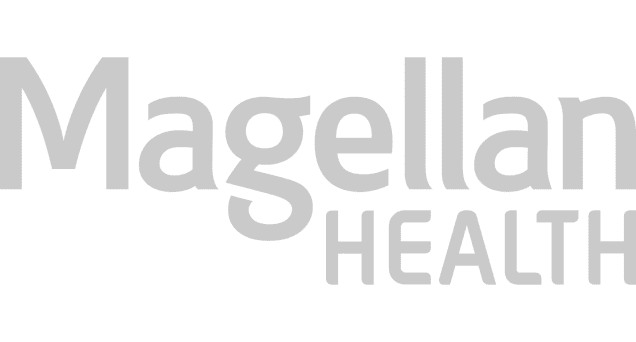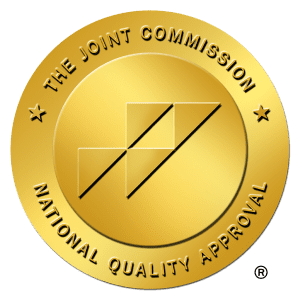Aftercare is a term that refers to any ongoing therapy, counseling, or support that follows the initial period of addiction treatment. Just like building a house requires maintenance to stay upright and intact, maintaining sobriety necessitates continuous care.
- Why It’s Essential: Aftercare is critical because it aids in preventing relapse, builds upon the foundation set during treatment, and helps adapt to a new life of sobriety.
- Who It’s For: It’s not just for those who’ve completed treatment; aftercare can benefit anyone committed to long-term recovery.





